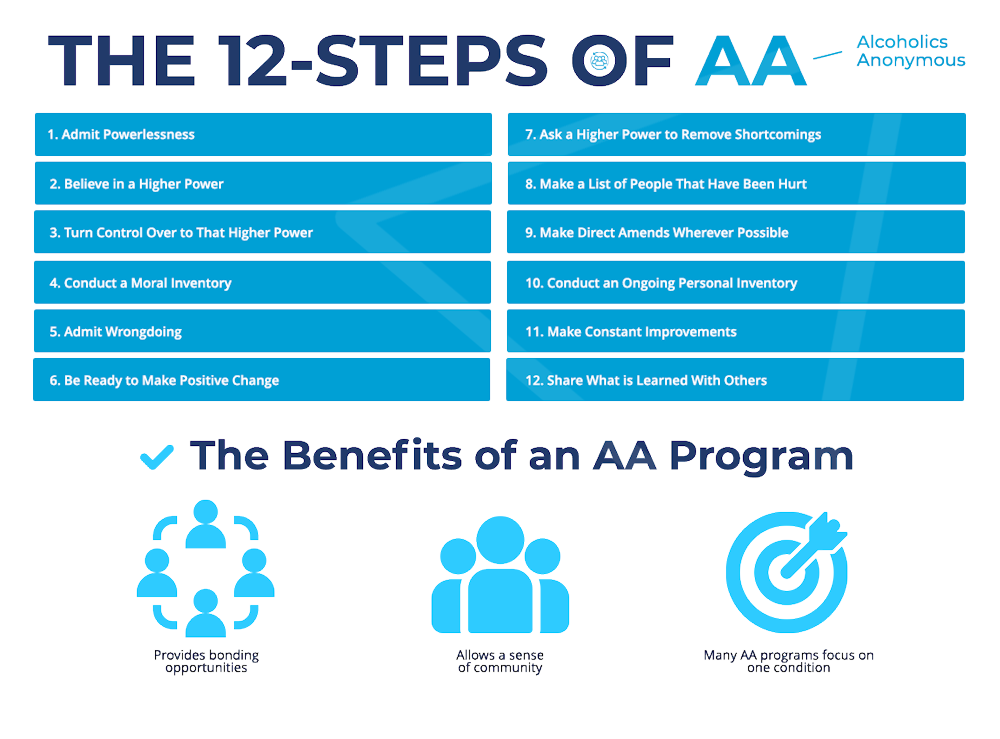Recovery is not just about staying sober. It is about learning how to live. At Thrive Treatment in Santa Monica, our approach to addiction and mental health recovery focuses not only on abstinence but on rebuilding a life filled with emotional stability, healthy relationships, and purpose. One of the most effective tools we use to support our clients on this journey is Dialectical Behavior Therapy, or DBT.
Whether someone is stepping down from residential treatment or just starting their outpatient journey, learning DBT skills can make a crucial difference. That is why we have integrated DBT into our PHP and IOP programs in Santa Monica, helping clients in early recovery navigate emotional challenges, avoid relapse, and build long term resilience.
In this blog, we will explore how DBT works, why it is so valuable for people recovering from addiction and mental health struggles, and how it naturally complements twelve step programs, especially Alcoholics Anonymous.
Why DBT Helps People in Early Recovery
Addiction rarely happens in isolation. Most people who struggle with substance use also experience overwhelming emotions, trauma responses, and difficulty handling stress. These issues do not go away just because someone gets clean. In fact, they often become more intense in early recovery.
This is where DBT becomes a life changing tool.
Dialectical Behavior Therapy was created by psychologist Marsha Linehan to treat individuals with chronic emotion dysregulation. Over time, it has become widely recognized as a powerful approach for many issues including addiction, trauma, and mood disorders. DBT helps people develop four main skill sets: distress tolerance, emotion regulation, interpersonal effectiveness, and mindfulness.
Distress tolerance teaches people how to handle emotional pain without making the situation worse. Emotion regulation helps them identify, understand, and manage intense feelings in healthier ways. Interpersonal effectiveness shows people how to set boundaries, ask for what they need, and maintain relationships without losing themselves. Mindfulness encourages individuals to stay grounded in the present moment instead of getting swept up in anxiety or regrets.
Each of these skill sets addresses a common trigger for relapse. Emotional flooding, impulsivity, communication breakdowns, and disconnection from the present are all issues that show up in addiction and early recovery. DBT provides practical tools to help manage these patterns.
At Thrive Treatment, we teach these skills in ways that feel relatable and actionable. Whether it is using a grounding exercise during a craving, learning how to pause before reacting to a triggering conversation, or finding new ways to communicate in relationships, DBT gives our clients the tools they need to navigate real world recovery.
How DBT Aligns with Twelve Step Recovery
One of the most powerful things about DBT is how well it blends with twelve step recovery programs like Alcoholics Anonymous. While the twelve steps focus on spiritual principles, moral inventory, and fellowship, DBT adds a clinical structure that helps people apply those ideas in daily life.
For example, Step One asks individuals to admit powerlessness over alcohol and that their lives had become unmanageable. This calls for radical acceptance, which is one of DBT’s core principles in the distress tolerance module. Step Four encourages a moral inventory of past behavior, which is easier to face with DBT’s emotion regulation and mindfulness tools. Step Nine involves making amends to people we have harmed, which requires the interpersonal effectiveness and communication skills taught in DBT.
Even the spiritual ideas of surrender and trusting a higher power are similar to DBT’s dialectical thinking, which encourages people to hold two truths at once. You can take responsibility for your choices and also forgive yourself. You can feel scared and still take action. You can trust others and still protect your boundaries.
This shared language between DBT and the twelve steps makes it easier for people in early recovery to connect their therapeutic work with their step work. It also creates a more consistent foundation for change. At Thrive Treatment, our clients do not have to choose between therapy or meetings. They can benefit from both, using DBT skills to deepen their twelve step journey and using the fellowship of the program to support the emotional tools they are learning.
DBT in a PHP and IOP Setting
Our Partial Hospitalization Program and Intensive Outpatient Program in Santa Monica are designed for people who need structure and support while rebuilding their lives. These levels of care provide a safe space for clients to practice the skills they are learning while still living in the real world.
In early recovery, emotional triggers can feel like landmines. A breakup, a difficult phone call, a moment of boredom, or an argument with a family member can easily throw someone off balance. Without the right tools, these moments can lead to relapse or emotional shutdown. DBT prepares our clients to handle those moments with clarity and confidence.
For example, a client going through a breakup might learn to use temperature change, intense exercise, paced breathing, or progressive muscle relaxation to reduce the intensity of their emotional response. Someone feeling overwhelmed by anger might learn to check the facts, question their assumptions, and choose a more skillful action. A person trying to repair relationships might learn how to express their needs using a clear and respectful communication strategy.
These are not just abstract therapy concepts. They are practical tools that help people stay grounded and empowered as they face life on life’s terms. And because our clients are practicing these tools daily in group therapy, individual sessions, and peer interactions, they begin to build new emotional habits that support long term recovery.

DBT Builds Healthy Relationships and Community
Recovery is not only about personal growth. It is also about reconnecting with others in a healthy way. One of the most underrated aspects of DBT is its focus on relational healing.
In our groups at Thrive, clients not only learn about DBT skills but also practice them in real time with peers. This allows them to experience what it is like to be vulnerable, to speak up for themselves, and to listen to others with empathy. It creates a culture of honesty and accountability where people feel seen, respected, and supported.
This kind of connection is essential in early recovery. That is why we also encourage clients to participate in twelve step meetings. Whether it is Alcoholics Anonymous, Narcotics Anonymous, or another form of peer support, these communities provide the sense of belonging that so many people are missing. When someone combines the emotional tools of DBT with the connection and wisdom of the twelve steps, they become far more resilient.
Mental Health and Addiction Treatment in Los Angeles
At Thrive Treatment, we understand that addiction and mental health issues often go hand in hand. Many of our clients are dealing with co occurring disorders such as anxiety, depression, PTSD, or trauma in addition to their substance use. That is why we do not treat addiction in isolation. We use an integrated model that includes evidence based therapies like DBT to address the full spectrum of a person’s needs.
If you are searching for addiction treatment in Los Angeles or a PHP or IOP program in Santa Monica, Thrive Treatment offers a balanced approach that blends clinical expertise with compassionate care. DBT is just one part of our toolkit, but it is one of the most powerful tools we offer for helping people stabilize, grow, and stay sober.
The Lasting Impact of DBT in Recovery
Early recovery is a time of rebuilding. People are learning how to feel again, how to cope without substances, and how to show up in relationships without fear or manipulation. DBT gives them a map for that journey. It shows them how to regulate emotions, communicate clearly, and stay in the moment.
At Thrive Treatment, we believe that recovery is not just about surviving. It is about thriving. DBT helps our clients do exactly that. And when these clinical skills are combined with the heart and structure of twelve step recovery, the results can be life changing.
If you or someone you love is ready to take the next step in treatment, we are here to help you build a foundation that lasts.





